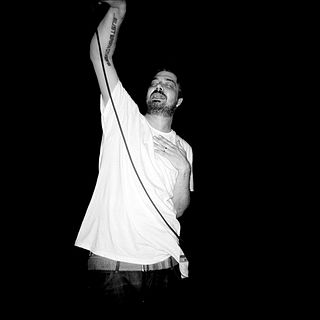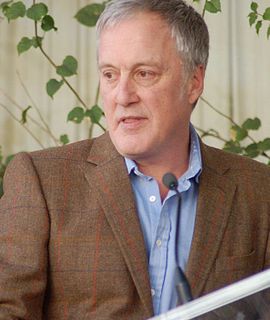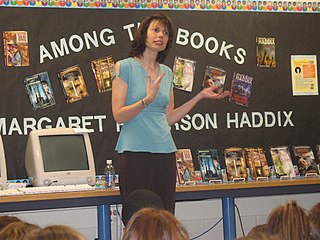A Quote by Chris Lowney
Denial of numerous problems can happen in any organization, and I don't mean this as flip or negative as it's going to sound, but you see it a lot in corporate cultures right before they hit a wall. People tell themselves a story that it can turn around, it's going to turn around, we're doing all the right things, and then that story lasts until it's literally no longer sustainable or believable.
Quote Topics
Related Quotes
You have to do three things really well to make a successful film. You have to tell a compelling story that has a story that is unpredictable, that keeps people on the edge of their seat where they can't wait to see what happens next. You then populate that story with really memorable and appealing characters. And then, you put that story and those characters in a believable world, not realistic but believable for the story that you're telling.
The Work always leaves you with less of a story.
Who would you be without your story?
You never know until you inquire.
There is no story that is you or that leads to you.
Every story leads away from you.
Turn it around; undo it.
You are what exists before all stories.
You are what remains when the story is understood.
As one does with a first child, I found out that my baby could roll by hearing the sound of her body hit the ground at 4 a.m. and obviously, for any new parent, that is the most horrifying thing that could happen, right? You're exhausted and you take your tiny little baby out and you put them on the bed to change diapers before nursing and you turn around and you discover... my baby can roll! And you think you're going to die.
I turn sentences around. That's my life. I write a sentence and then I turn it around. Then I look at it and I turn it around again. Then I have lunch. Then I come back in and write another sentence. Then I have tea and turn the new sentence around. Then I read the two sentences over and turn them both around. Then I lie down on my sofa and think. Then I get up and throw them out and start from the beginning.
A lot of the challenge with TV, as opposed to making movies, is that you have to leave room for the characters in the story to tell themselves. Sometimes you don't know where a character is going to go and what's going to happen to them until you've seen the actor take that part and make it their own.
If you gauge how you're doing on whether somebody is responding vocally or not, you're up a creek. You can't do that; you kind of have to be inside of your work and play the scene. And tell the story every day. Tell the story. Tell the story. Regardless of how people are responding, I'm going to tell the story.





































